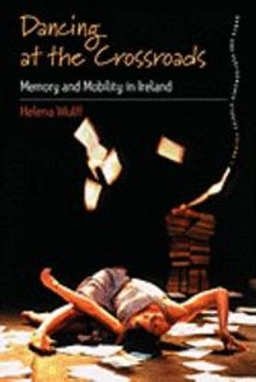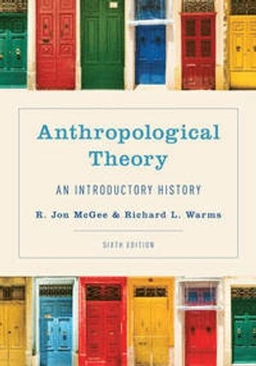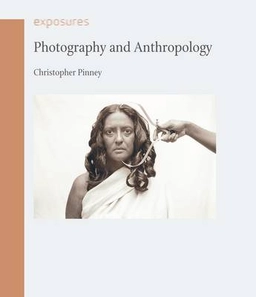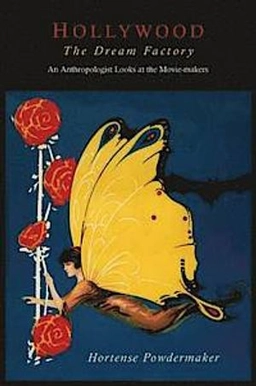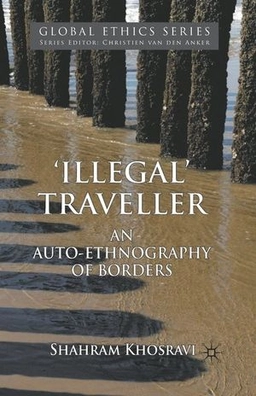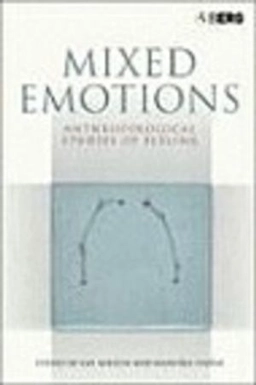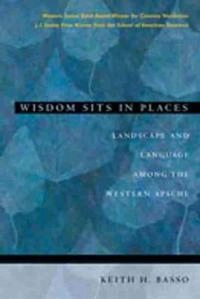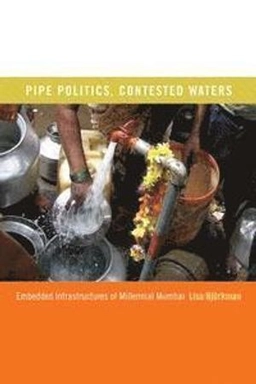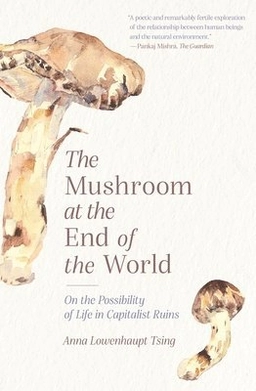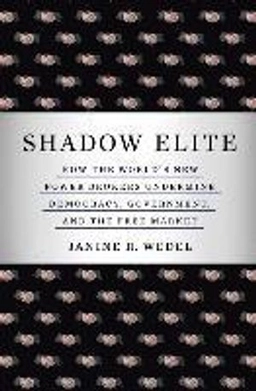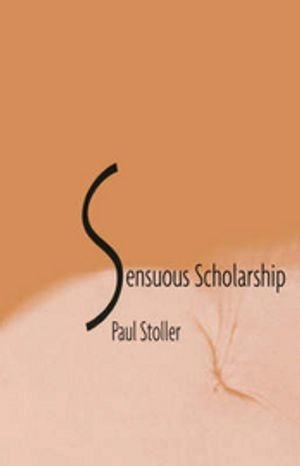

Sensuous scholarship
- Utgiven: 1997
- ISBN: 9780812216158
- Sidor: 184 st
- Förlag: Philadelphia, Pa. University of Pennsylvania Press
- Format: Häftad
- Språk: Engelska
Om boken
Åtkomstkoder och digitalt tilläggsmaterial garanteras inte med begagnade böcker
Mer om Sensuous scholarship (1997)
1997 släpptes boken Sensuous scholarship skriven av Paul Stoller. Den är skriven på engelska och består av 184 sidor. Förlaget bakom boken är Philadelphia, Pa. University of Pennsylvania Press.
Köp boken Sensuous scholarship på Studentapan och spara uppåt 53% jämfört med lägsta nypris hos bokhandeln.
Referera till Sensuous scholarship
Harvard
Oxford
APA
Vancouver
